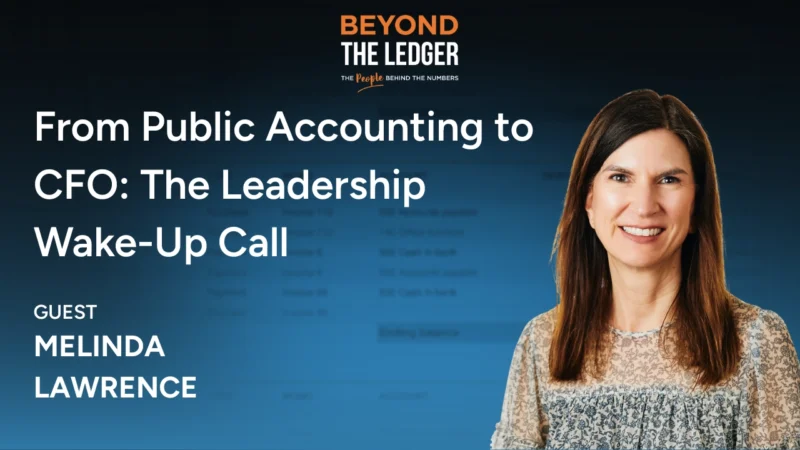0TDE Options Offer Risk Harvesting That Traditional Ones Don’t. It’s Attracting More Traders.
The recent surge in zero days to expiration (0DTE) options, or zero-day options, short-dated contracts allowing traders to position around specific market events, has sparked concerns over potential market volatility.
Since the onset of the coronavirus pandemic, these options have gained immense popularity, with their volume on the S&P 500 index now constituting 43%, up from 6% in 2017. This heightened demand, especially evident in the last few months, has analysts worried about sharp equity sell-offs and a repeat of events like 2018’s “Volmageddon.” The zero-day options market sees participation from both institutional investors and retail traders, with platforms like Reddit’s Wall Street Bets actively discussing their strategies.
Is this instrument more appealing when traditional market instruments fail? Possibly, as 2022 demonstrated with the low returns on the more tried-and-true stocks and bonds markets. The appeal toward 0TDE options stems from volatility risk premium harvesting and it has proven to be very popular among traders, which helps explain its continuous surge.
Taylor Herzog, Founder and Chief Investment Officer at TYME Advisors, examines the pros and cons of volatile markets and shares his perspective on the value of 0TDE options. In his role, he surveys financial trends and shifts to craft investment strategies and make educated market assumptions.
Herzog’s Thoughts on 0TDE Options
Efficiency of Markets and Zero Days to Expiration Options (0DTE)
“It’s quite an interesting combination of observations that I think will really challenge the assumption that markets are efficient and that prices reflect the fundamental bottom-up view of a bunch of active participants making their own assessments of what is something that’s worth. So let’s talk about zero days to expiration options, or 0DTE. Let’s first discuss why you would want to do it. So the first option would be return generation. The main value is in volatility risk premium harvesting. That’s especially attractive when compared to traditional risk premium harvesting, meaning the returns you get from traditional long, lowly stocks and bonds.”
Value and Risks of 0DTEs in a Volatile Market
“That type of return harvesting is relatively more attractive if traditional long exposures to stocks and bonds don’t do really well, and 2022 is a great example of that. Moreover, the risk-adjusted returns you can get from the volatility premium harvesting from 0DTEs is quite attractive. The Sharpe ratios are incredibly attractive. It hasn’t been around a long time, so all the historical data and back studies are short-lived, but they all look great. So the attraction is incredibly valuable in a narrow sense and also compared to those other instruments. It’s also attractive if what you just personally experienced was a face-ripping downdraft in equities and bonds at the same time in 2022.”
Application and Limitations of 0DTEs in Portfolio Risk Management
“So from a risk management perspective on why you might want to do it, it makes for very precise event risk hedging. If you have an exposure unhedged portfolio and you’re specifically worried about the risks from Federal Reserve minutes being released, minute commentary, the market pressures, or maybe you’re worried about CPI release day, that would be a great use of that tool. But it also works the other way, meaning you would not want to use 0DTEs for hedging longer duration risks because constantly rolling that option can get expensive and timing luck may be against you.”
Institutional Influence and Regulatory Considerations in 0DTEs
“I do not believe there’s any marginal requirements for selling 0DTE options because technically the option is created and dies all in one day. So technically from close to close, you’re not exposed from one day to the other. So I think there’s also somewhat of a regulatory arbitrage going on there. I think it’s also important to think about who is doing it. Frankly, it’s mostly the institutional space, and that would be your wealth managers, market makers, event hedgers, and wall hedge funds.”
Understanding Dealer Mechanics and Market Impacts
“Dealers help facilitate this transaction and dealers are in the business of dealing. They’re not in the business of making directional bets. So if they sell an option, they want to immediately hedge their risk. That means if there’s a lot of zero DTE volume, that also means there is a lot of Delta and Gamma risk. So now you’ve got dealers materially trading the market purely for hedging reasons. If those dealers are in a positive Gamma position, this simply means to remain hedged, neutral. They trade counter to the trend of the market.”
Implications and Recommendations for Investors
“Now, what I think is far more interesting is the implications, because as with many things, there’s a reason for the phrase, the path to hell is paved with hidden assumptions. I think when it comes to risk managing portfolios, being aware of everything that’s been described will materially help you avoid false diagnostics on what price action means. It could just be a function of an innovation and an option market, but it also means that if you’re a long-term long only investor, you are subject to these market forces in the short term. If you’re a long-term investor that will buy and not look at it for five years, then to some extent you don’t care.”
Article written by Alexandra Simon.








